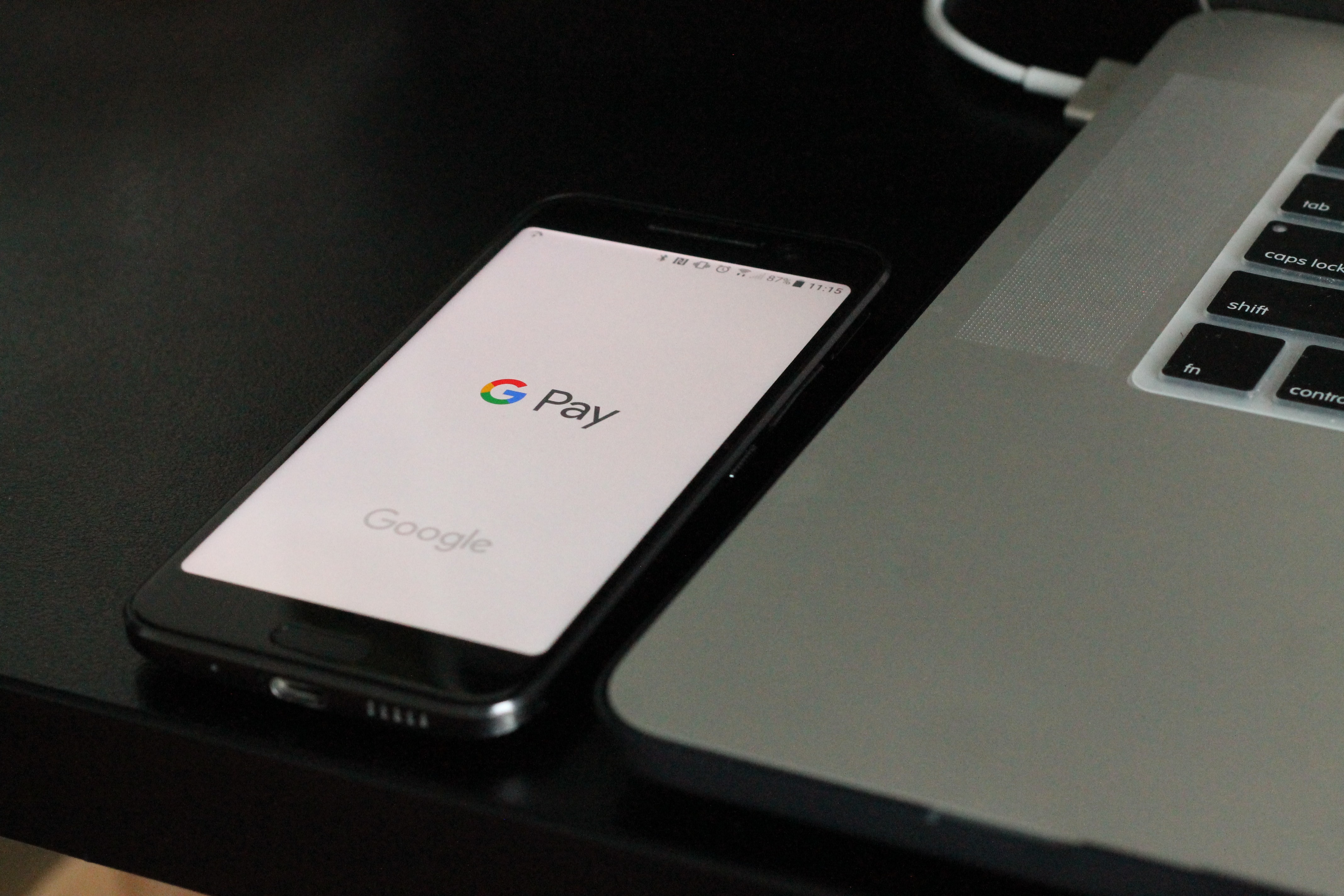There are many advantages to allowing customers to pay with mobile payments as a small business. It’s flexible, efficient, it can help you get money in your account quickly and it’s what customers want.
However, it is understandable that some people might be cautious about new technologies, especially those that are fast, contactless, friction-free and don’t involve handing over any cash. The reality is that mobile payments are relatively safe for both businesses and their customers, in the same way that contactless payments might have once seemed risky but are now commonly used in daily life.
Mobile payments have revolutionised the way we shop and pay for goods and services, improving things for customers and small businesses alike. Customers can pay with their phones, their watches and their cards, quickly and easily, while businesses can attract more customers with their flexibility as well as receiving the money in their accounts much more quickly.
In this blog, we’ll cover everything you need to know about mobile payments and how secure they are.
Are mobile payments secure?
So, how secure are payments made through mobile technology? There are several ways in which the payments are made safe for businesses and customers to ensure that the right money is paid and risk is minimised.
The main security measure is encryption. Mobile payment card machines and apps all use encryption to make sure any secure sensitive data - like card numbers and personal information - is secure during the transmission. That way, it’s unreadable for anyone who shouldn’t be accessing it.
This personal data isn’t stored on the devices. The portable machines use radio waves to communicate with contactless cards or mobile phones or smart watches, and only work in close contact.
Customers who use digital wallets like Apple Pay or Google Pay have an extra level of security because most require biometric authorisation or a password to make sure the person paying is who they say they are. This can also help protect the business from being victims of fraud.
For the business, digital payments can reduce some of the risk associated with more old-fashioned ways of taking payments, like cheques that might not clear. All transactions are approved and actions at the point of purchase, so you know that money is on its way to your business account with a complete audit trail for peace of mind.
Another method of security that can come into play with mobile payments is tokenisation, where a unique token is generated for each transaction rather than sending the actual card details.
Is My Customer’s Data Safe?
Data compliance is a big priority for businesses, especially those dealing with card payments, so it’s essential to understand the rules behind PCI compliance, ensuring customer data is kept safe.
PCI compliance is the Payment Card Industry Data Security Standard and it’s designed to prevent customer card data from being misused or falling victim to fraud. As a business, it’s your obligation to meet this standard. Failing to do so and being responsible for a data leak could result in hefty fines.
This can also lead to issues with developing a reputation that drives customers away and costs you money in merchant chargebacks, so there’s no room for error here. Luckily, having the right mobile payments technology in place will help you stay compliant because of the encryption technology they come with.
How Dojo prioritises security
With point-to-point encryption built into the Dojo Go mobile card reader, your customers’ card data is protected – and so is your income.
To summarise, mobile payments don’t need to feel like a risky option in the name of flexibility or convenience. With encryption in place, you can get the best of both worlds with a payment solution that opens up new opportunities for your business, whilst protecting both your customers data and your brand’s reputation.


